Ten Questions for Yanyi
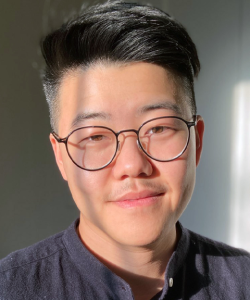
“Then summer came and there was a lightning moment.” —Yanyi, author of Dream of the Divided Field
Jump to navigation Skip to content
Articles from Poet & Writers Magazine include material from the print edition plus exclusive online-only material.

“Then summer came and there was a lightning moment.” —Yanyi, author of Dream of the Divided Field

The author of Eleutheria considers the literary value of the human instinct to look for faces everywhere.
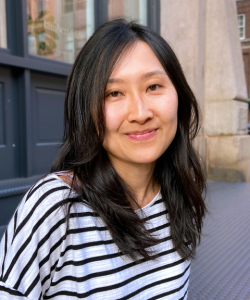
“What if there was an agency that verified people’s online dating personas?” —Jane Pek, author of The Verifiers

The author of Eleutheria uses ecological principles to guide her writing.
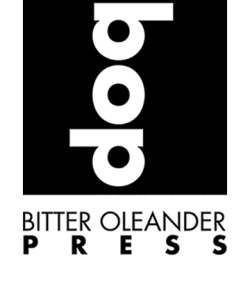
After a period of transition, the Fayetteville, New York, press will begin a new chapter with a focus on publishing poetry in translation from contemporary writers.
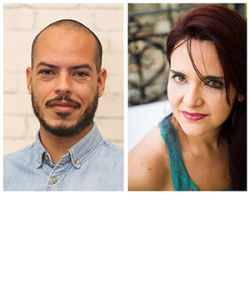
The inaugural cohort of Letras Boricuas Fellows showcases the vitality and diversity of Puerto Rican literature.
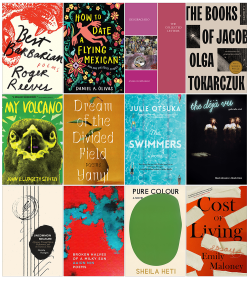
The first lines of a dozen noteworthy books including Pure Colour by Sheila Heti and Dream of the Divided Field by Yanyi.

A growing movement asks that literary translators receive equitable compensation and acknowledgement, starting with the inclusion of translators’ names on book covers.
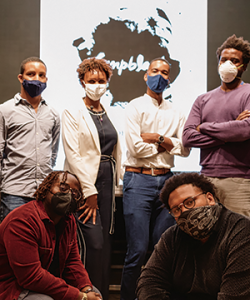
Created in response to social uprisings and the pandemic, Lampblack offers direct aid and community to Black writers and publishes an annual magazine that furthers Black literature.

An excerpt from All the Secrets of the World by Steve Almond, who writes in the March/April 2022 issue about the unpublished novels he wrote before this one, all of which were essential to showing him his ultimate job as a writer.
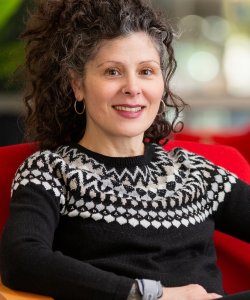
The author’s failed attempts to find a writers group eventually lead her to build one of her own that offers the right mix of rigor and support.
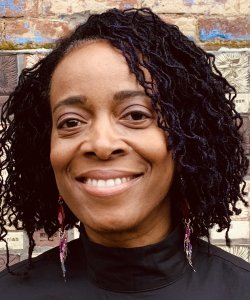
The author suggests writers group options that depart from the typical workshop model, such as freewriting, responding to prompts, and reading together.
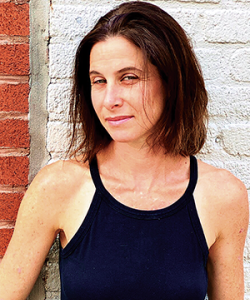
The author reflects on magazines that offered homes to stories in her second collection, Jerks: “All the journals I’ve been lucky enough to publish with celebrate nervy writing.”
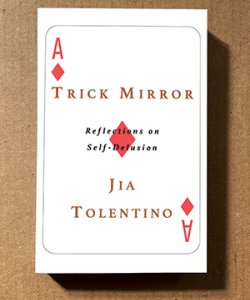
To bring attention to gendered book marketing, designer Christine Rhee reenvisions the covers of classic and contemporary books in her satirical series “Fake Books for Men” and “Fake Books for Women.”
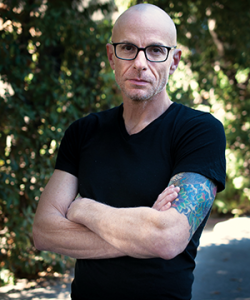
David Treuer, a writer, teacher, and recently appointed editor-at-large at Pantheon, discusses his focus on publishing emerging Indigenous writers and the possibilities of his new role.
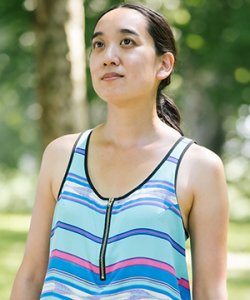
A look at the ways writers can benefit from distinctly different kinds of gatherings, including groups offering accountability partners, workshop feedback, and publishing advice.
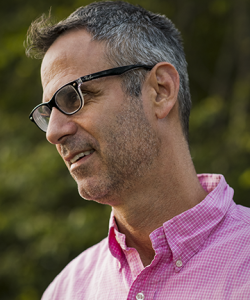
The best-selling nonfiction author describes the craft lessons he drew from the false starts that paved the way for his debut novel, All the Secrets of the World.
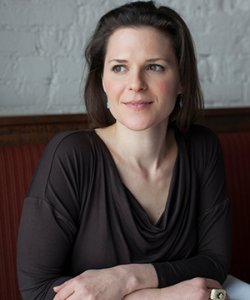
The novelist and teacher offers advice on starting a writers group where your creative work can thrive.
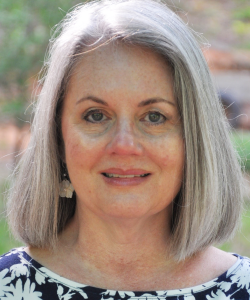
After experiencing a writers group that only delivered praise, the author realizes the value of constructive feedback and offers guidance on how best to give it.
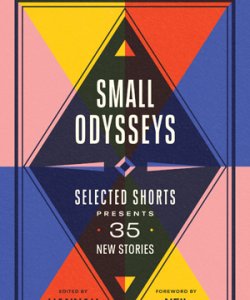
Three new anthologies, including The Long Devotion: Poets Writing Motherhood.
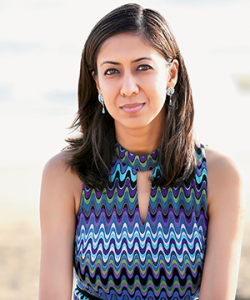
Advice on becoming a writer ignores the impact of motherhood—and fails to acknowledge the privileges of canonical writers. The author describes learning “to see art-making as a professional possibility” as a brown mother-writer.
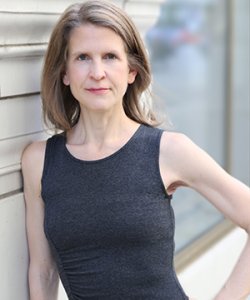
While editing her memoir about the history and methodology of mental health diagnoses, the author gains a new respect for fact-checking and more confidence in her book.
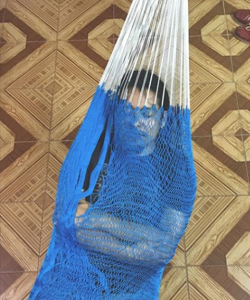
“How do you navigate a life in opposition to and in spite of systemic racism, with poetry?” —Angel Dominguez, author of Desgraciado
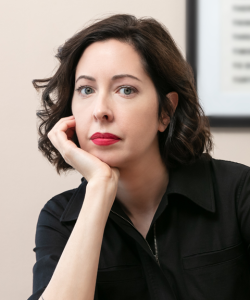
“Don’t let an algorithm tell you what to read. Disobey the algorithm.” —Sarah Manguso, author of Very Cold People

The author of Nobody’s Magic considers what happens when you lust after your own characters.